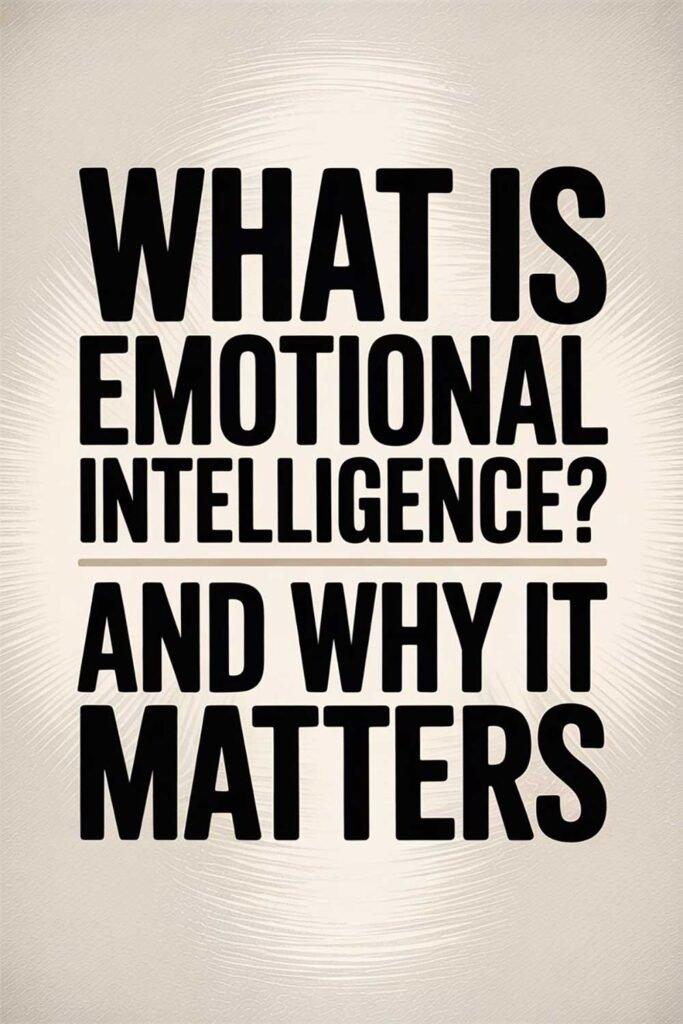Improving Problem-Solving Skills
Problem-solving is a fundamental skill in both personal and professional life. The ability to analyze challenges, develop effective solutions, and implement them successfully can make a significant difference in decision-making and productivity. Whether you want to enhance your problem-solving skills for career growth, personal development, or academic success, this guide will help you develop a structured approach to tackling problems efficiently.

Why Problem-Solving Skills Matter
Strong problem-solving skills enable individuals to:
- Make sound decisions based on logic and evidence.
- Approach challenges with confidence and creativity.
- Improve adaptability in complex and unexpected situations.
- Enhance teamwork and collaboration by addressing conflicts constructively.
- Boost efficiency and productivity by finding effective solutions.
Steps to Improve Problem-Solving Skills
1. Define the Problem Clearly
Before you can solve a problem, you must understand it completely. Ask yourself:
- What is the root cause of the issue?
- What are the symptoms of the problem?
- Who or what is affected by this issue?
- What are the consequences of not solving the problem?
2. Analyze the Situation
Gather relevant information and data to understand the problem better. Consider multiple perspectives and ask critical questions:
- What are the potential causes?
- Have similar problems occurred before?
- What are the constraints and limitations?
- What resources are available to solve the issue?
3. Brainstorm Possible Solutions
Generate as many possible solutions as you can before evaluating them. Consider both conventional and unconventional ideas. Techniques for brainstorming include:
- Mind mapping
- Listing pros and cons
- Role-playing different scenarios
- Using the “Five Whys” technique to explore root causes
4. Evaluate and Choose the Best Solution
After brainstorming, assess each solution based on:
- Feasibility: Can it be realistically implemented?
- Effectiveness: Does it address the root cause of the problem?
- Resources: Does it require available resources?
- Potential Risks: Are there any drawbacks or unintended consequences?
5. Develop an Action Plan
Once you’ve selected a solution, outline a step-by-step action plan to implement it effectively. Consider:
- Who will be responsible for each task?
- What resources and tools are required?
- What is the timeline for implementation?
- How will success be measured?
6. Implement the Solution
Execute your action plan with a clear focus. Ensure communication is strong among team members, and monitor progress closely.
7. Review and Reflect
After implementing the solution, assess its effectiveness:
- Did the solution resolve the problem?
- What challenges arose during implementation?
- What lessons were learned?
- How can the process be improved for future problem-solving efforts?
Strategies to Strengthen Problem-Solving Skills
1. Practice Critical Thinking
Developing critical thinking skills allows you to analyze problems logically and make better decisions. Engage in activities that challenge your reasoning abilities, such as puzzles, strategy games, and debates.
2. Enhance Creativity
Creative thinking helps generate innovative solutions. Techniques to enhance creativity include:
- Freewriting ideas
- Looking at problems from different perspectives
- Taking inspiration from unrelated fields
3. Improve Decision-Making Skills
Making well-informed decisions is a key aspect of problem-solving. Strengthen decision-making by:
- Evaluating the pros and cons of different choices
- Using data to back up decisions
- Seeking feedback and second opinions
4. Develop Emotional Intelligence
Understanding and managing emotions can help solve interpersonal problems effectively. Emotional intelligence includes:
- Active listening skills
- Empathy and understanding different viewpoints
- Maintaining composure in stressful situations
5. Seek Feedback and Learn from Mistakes
Constructive feedback from mentors, colleagues, or peers can offer new insights into improving problem-solving skills. Additionally, reflecting on past mistakes helps refine future approaches.
Real-World Applications of Problem-Solving Skills
In the Workplace
- Resolving conflicts between employees
- Enhancing business strategies and efficiency
- Managing time-sensitive projects effectively
In Personal Life
- Making informed financial decisions
- Handling unexpected emergencies calmly
- Navigating complex relationships and communication challenges
In Education
- Tackling difficult coursework or assignments
- Developing strong arguments in debates and research
- Finding new ways to study and retain information
Inspirational Quotes on Problem-Solving
- “A problem well stated is a problem half-solved.” – Charles Kettering
- “It’s not that I’m so smart, it’s just that I stay with problems longer.” – Albert Einstein
- “The measure of intelligence is the ability to change.” – Stephen Hawking
- “If you define the problem correctly, you almost have the solution.” – Steve Jobs
- “Every problem is a gift—without problems, we would not grow.” – Tony Robbins
- “Problems are not stop signs, they are guidelines.” – Robert H. Schuller
- “Creativity is seeing what others see and thinking what no one else has ever thought.” – Albert Einstein
- “The best way to escape a problem is to solve it.” – Alan Saporta
- “Difficulties mastered are opportunities won.” – Winston Churchill
- “The only way to do great work is to love what you do.” – Steve Jobs
Picture This…
Imagine facing a difficult situation at work. Instead of feeling stuck, you take a structured approach—defining the issue, brainstorming potential solutions, and confidently executing an action plan. Your confidence grows with each problem you solve, and over time, you become known as the go-to person for finding solutions. Wouldn’t it be empowering to approach every challenge with this level of clarity and confidence?
Please Share This Article
If you found this article helpful, consider sharing it with someone who wants to enhance their problem-solving skills and become more confident in tackling challenges.






